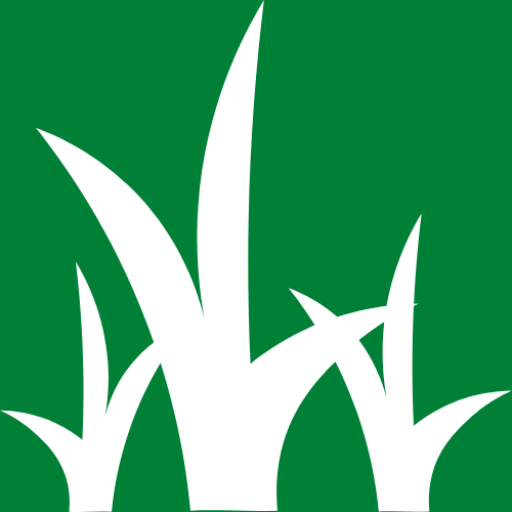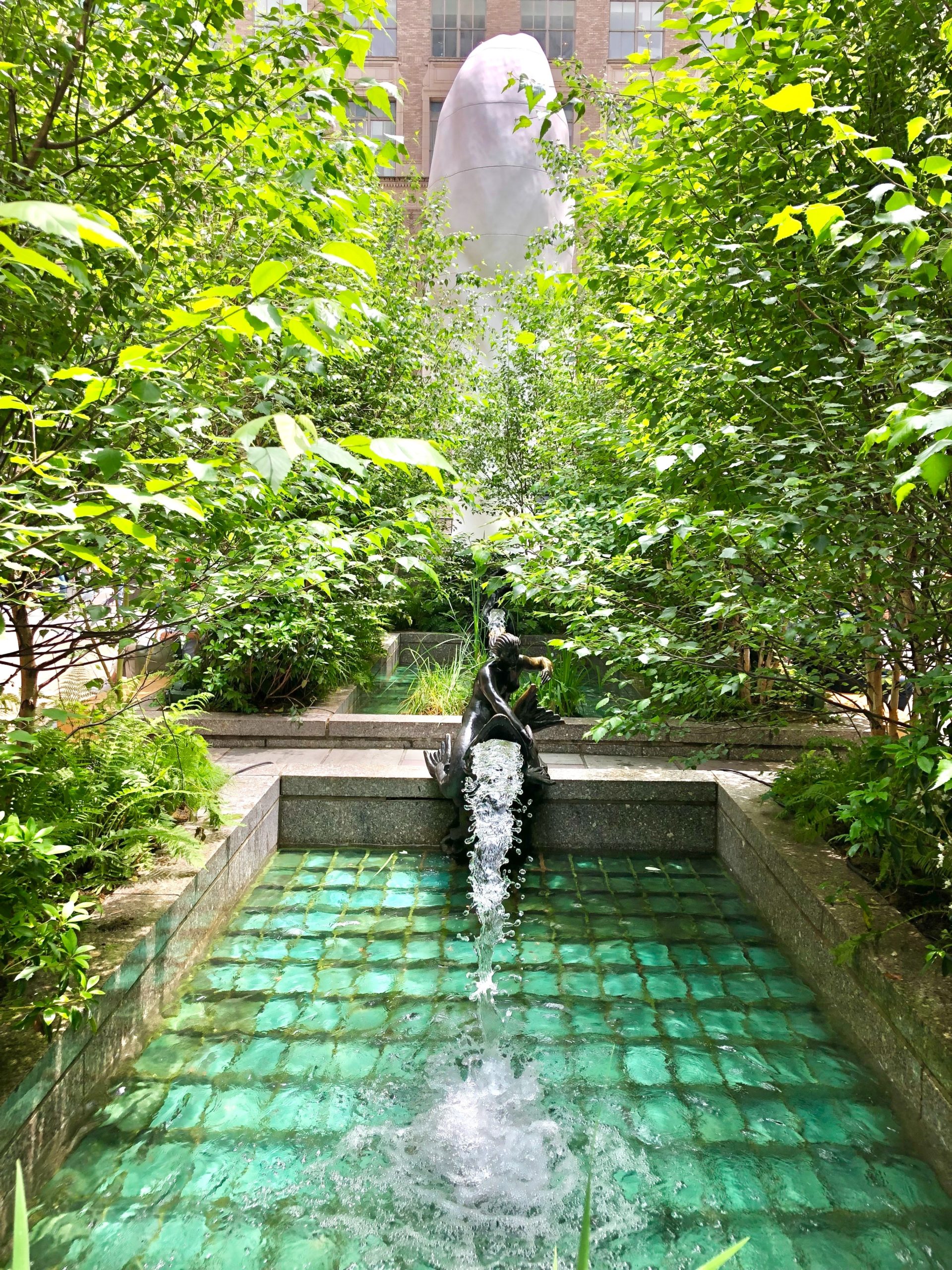There are numerous new gardening trends emerging, and one of the most popular is water gardening. Water gardening can include waterfalls, ponds, and fountains, all of which can be improved with rock work, lights, plants, and fish. Water gardening does not have to include a pond or a natural water supply; it can just consist of a plastic tub or anything else that can contain water.
The most significant aspect of water gardening is most likely the location. Because both plants and fish require plenty of sunlight, locations in bright sunlight away from trees and bushes are ideal. This will also assist to keep leaves and debris out of the water.
When designing a water garden, consider the size you desire. This will be determined by how much money you are prepared to spend, as water gardening may be costly if you choose a large garden with plants, rocks, fish, and lights. Consider the size of your property as well as the amount of time you want to devote to maintaining your water garden.
When deciding on the sort of aquatic plants to use, keep in mind that the plants should only cover roughly half of the water. Plants can be free floaters, submerged plants, or marginal plants. It is entirely up to you which option you prefer. Some plants are wonderful for their aroma, while others produce extra oxygen and keep the pool healthy. Others are simply lovely. Fish are not only beautiful to look at, but they are also quite helpful. Fish aid in the control of larvae and other insects by reducing detritus.
One of the most difficult aspects of water gardening is keeping the water free of algae. Algae problems are typically caused by an excess of nutrients in the water as a result of overfeeding fish or over fertilizing plants. Algae problems and management will be kept to a minimum if ponds are built and maintained correctly.
Regardless of size, all garden pools will require upkeep throughout the year. With careful planning, you can achieve a healthy balance of living and ornamental features in a water garden that can almost care for itself with minimal maintenance input from you.
You can get rid of algae by cutting back on the nutrients that create the algae, planting additional plants, building a filtration system, or replacing existing water with fresh water. Some chemicals, such as copper compounds, can be used, but excessive use might harm plant life and fish.
Water gardening takes no more time than ordinary gardening, yet it is clearly not the same thing. You might be the type of person who couldn’t grow a flower if you tried but is fantastic at water gardening. Water gardening is a fantastic method to pass the time or to improve the appearance of your yard.

